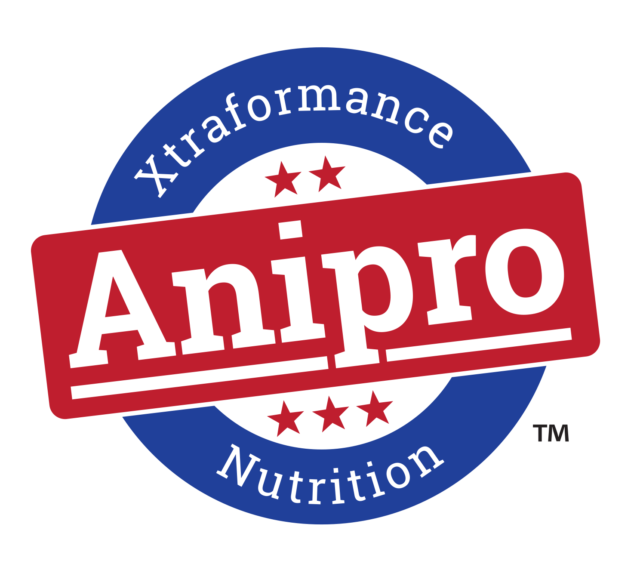There also have been allegations that undercover activists have actually encouraged or initiated animal abuse and that the videos released from this type of occurrence were falsified or improperly edited.
In light of these issues, several states passed farm protection laws. Opponents, who term these statutes as “ag gag” laws, filed suit challenging the constitutionality of these laws in Idaho, Utah and North Carolina.
After a trial court decision declared the Idaho law unconstitutional (this decision was appealed), many producers asked what other legal protections exist to help prevent trespassers on their operation.
There are several potential legal claims for a rancher facing undercover video investigations to consider.
-
Civil or criminal trespass. Generally, trespass occurs when a person enters the property of another without permission, although the exact elements of civil and criminal causes of action may vary slightly by state.
This claim is available to producers when an undercover videographer enters the property without permission. The claim would not be available, however, if the videographer was hired by the operation as an employee.
-
Civil or criminal fraud. Fraud occurs when false information is presented to another person with the intent that the person rely upon the information.
For example, if a potential employee provided false information on an employment application, a claim of fraud may exist. This claim would not, however, be available if someone was not hired by the operation but merely snuck on the premises.
-
Criminal tampering with a government record. In instances where an employee provides a falsified drivers’ license, this charge may be available.
-
Defamation. Defamation law differs in each state, but generally a defamatory cause of action exists when one person publishes a false statement likely to harm the reputation of one person to another.
Defamation cases are often long and difficult, particularly because there are many factual issues often raised with regard to whether a statement is true or false.
- Conspiracy. Generally, conspiracy occurs when two ore more people agree to do something to deceive, mislead or defraud others or break the law. It has been suggested that a conspiracy claim could potentially be used to bring suits against the activists releasing the undercover videos. It does not appear, however, this has succeeded as evidence showing intent is not easily ascertained.
Still, many producers who have survived an undercover video situation elected to forgo pursuing these types of claims due to the expense and time required. The best protection for agricultural operations is to implement careful hiring practices and extensive employee training with regard to animal care and handling.
-
Animal care and handling. The best way to defend against an undercover video is to ensure there is no animal abuse or mistreatment occurring.
Owners should develop written animal care and handling policies and ensure these policies are reviewed and understood by all employees. Similarly, ongoing trainings and evaluations should be scheduled to ensure proper animal care is occurring.
- Hiring practices. Producers should weed out any potential undercover activists when hiring employees. Tasks as simple as Googling an employee’s name, running a background check and viewing social media pages can provide invaluable information to employers regarding both the qualifications and intentions of new employees.
The vast majority of cattle producers are excellent stewards of the land and caretakers of their animals. These producers have legitimate reasons to protect their animals, employees, facilities and families from trespassers or people gaining access based on false credentials.
With the fate of farm protection statutes currently pending in court, producers should carefully consider other options to protect operations. ![]()

-
Tiffany Dowell Lashmet
- Assistant Professor and Extension Specialist
- Agricultural Law
- Texas A&M AgriLife Extension Service
- Email Tiffany Dowell Lashmet







